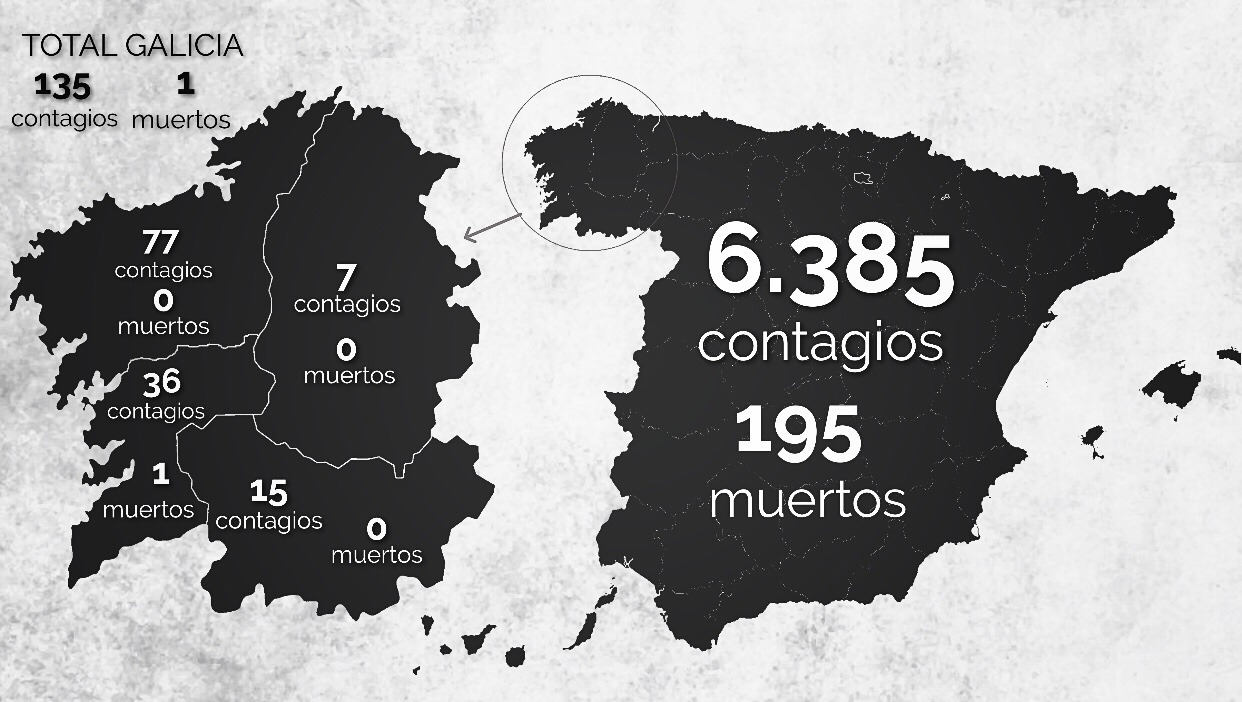The national government took steps to restrict all nonessential movement. Patricia and I are a few days ahead, staying in our village since Friday, only interacting with friends and family through our phones and our elderly neighbors from a safe distance.
We both work from home but it’s still mentally and spiritually taxing to realize self-isolation will probably be for many weeks. Obviously there was never a choice, but yesterday countless hashtags and videos popped up of people treating this as a vacation or others going to meet friends at the bar for one last night together. Excuse while I remove my palm from my face.
The future is very uncertain. But we have to continue on in different ways. Our governments will fail us to protect markets. Loss of life at a higher rate is practically inevitable. We must rely on each other for support and we must learn from this after we make it through.
I’m taking the self-isolation to actually get serious about a few things. I’ve often said this and then I get lazy or too caught up in some other thing, but now it’s not optional. There is time and no social activities to distract myself.
- Write as much as possible. That includes trying to post something here and actually write my West African Islamo-fantasy project.
- Read Marx’s Capital with the help of a friend’s husband’s project MARXdown, the Penguin Classics Ben Fowkes translation, and David Harvey’s lectures.
- Continue helping build a network of DSA members who live abroad to leverage our internationalist socialist perspectives for progress and solidarity back home.
If you’re interested in hearing Brace and Liz from TrueAnon talk about what’s coming, I really recommend this episode. Liz made the point of being there for people, in her case, on Twitter, as a way of coping with it herself and that is so important right now.
So if you’re reading this, reach out if you want. Even if we’ve never met. Thanks for reading.
